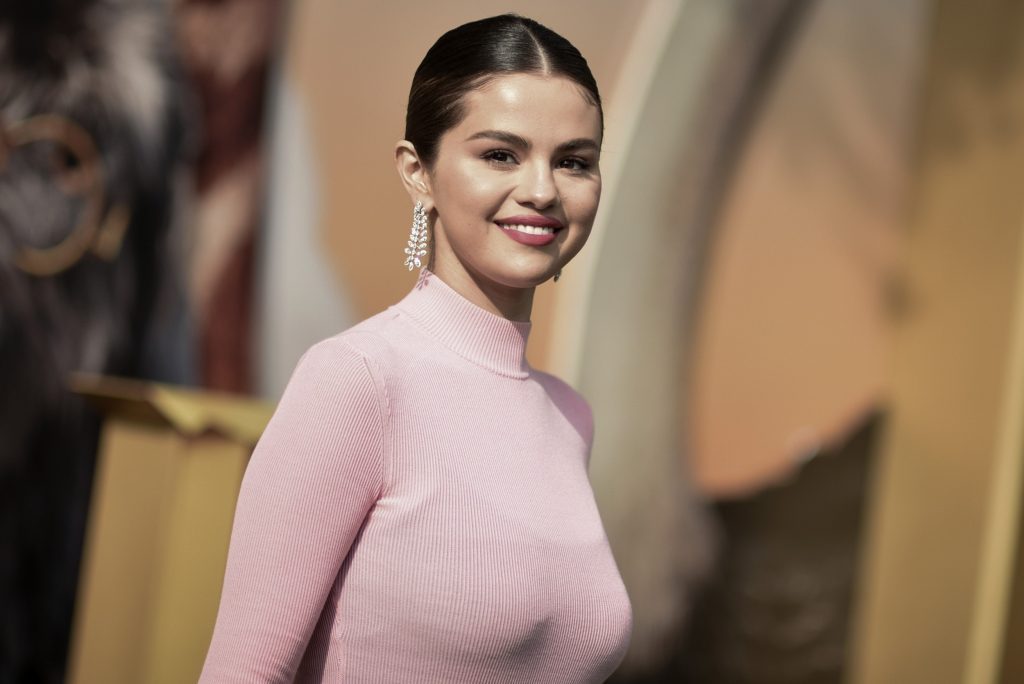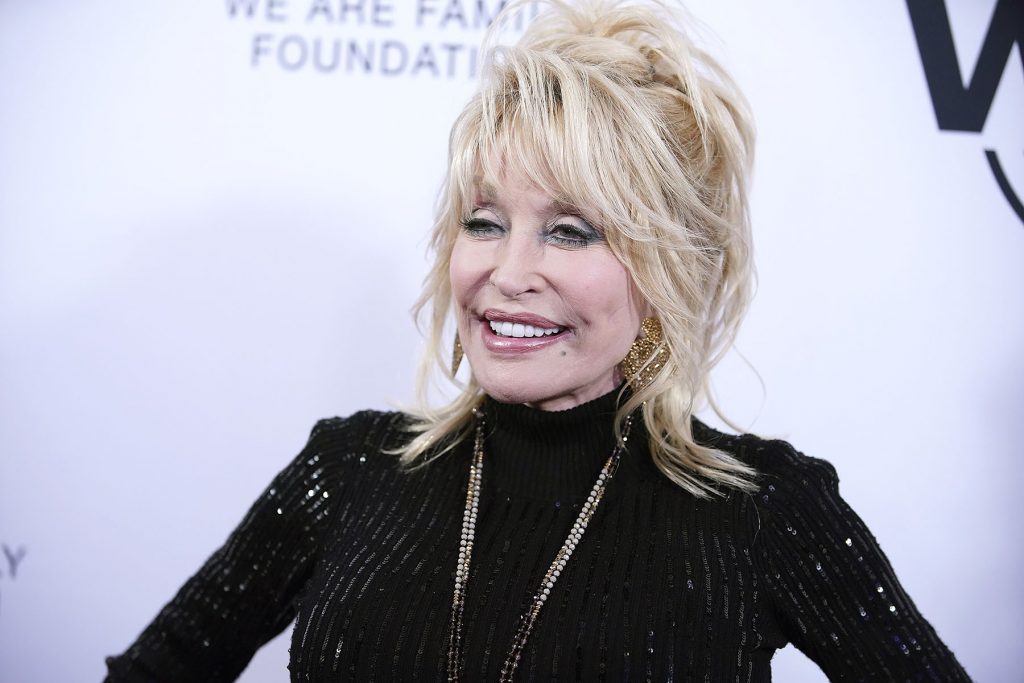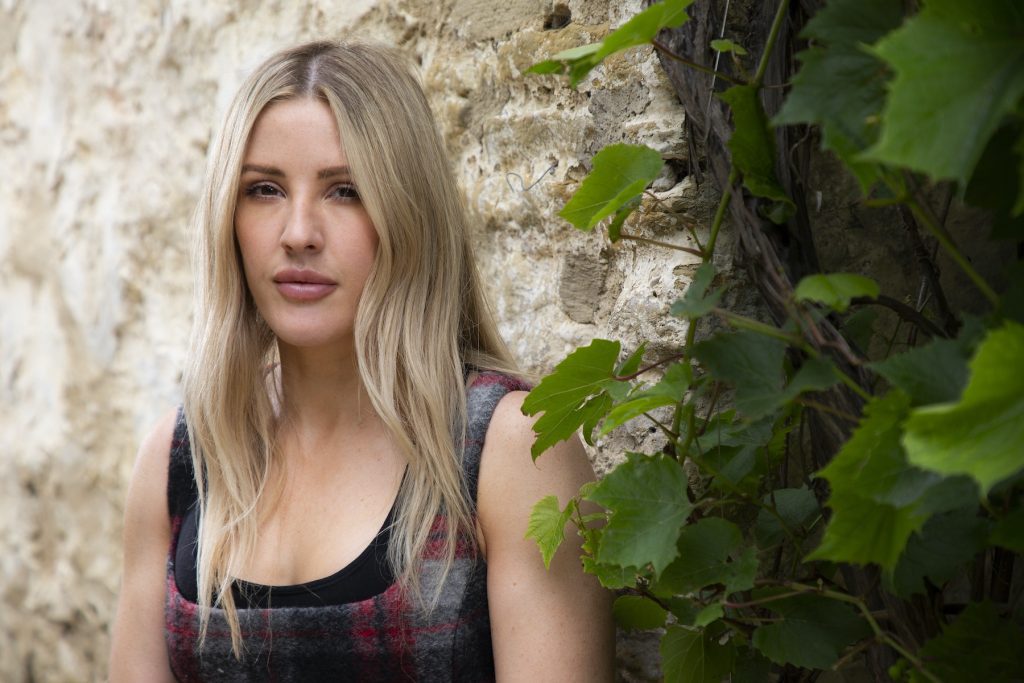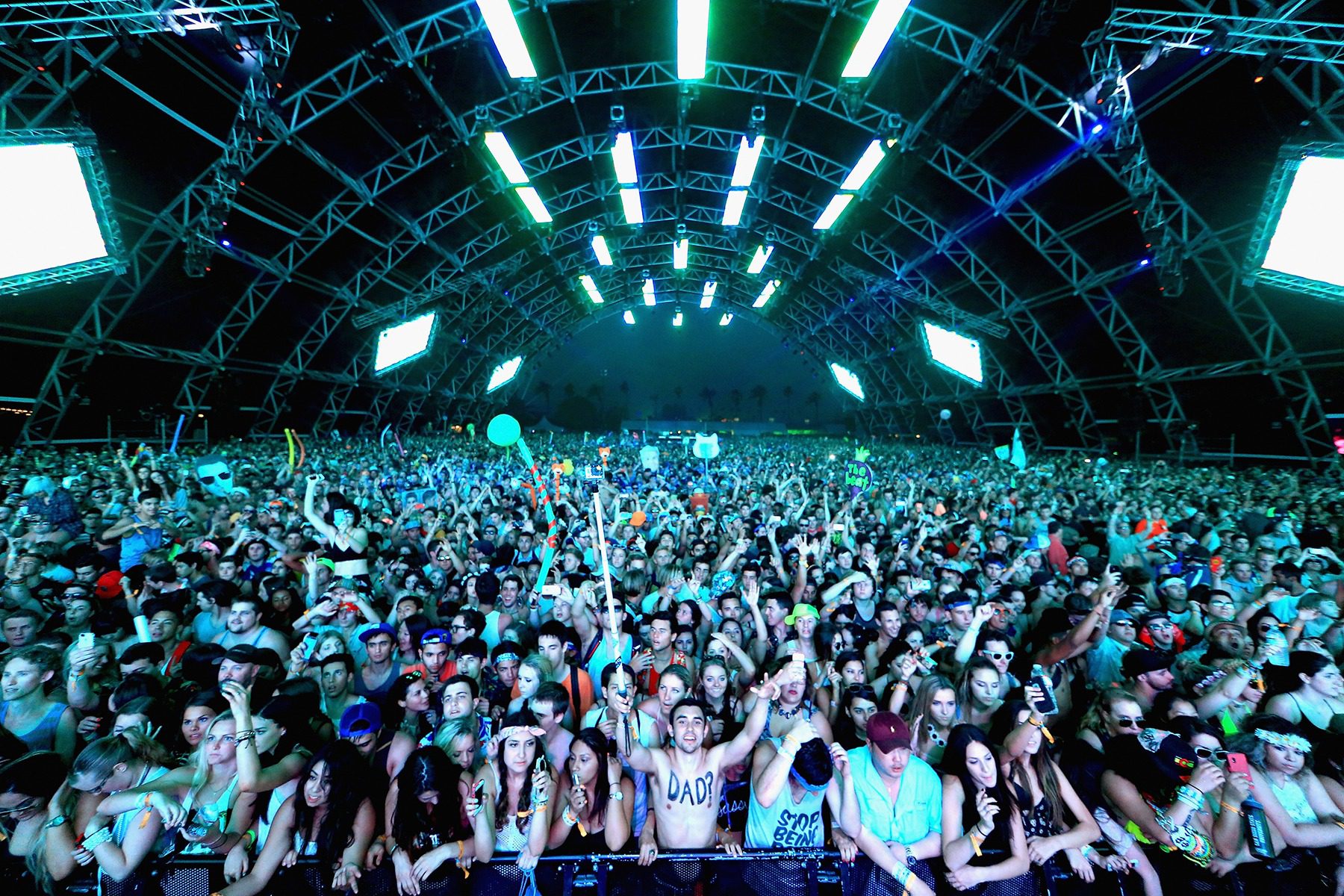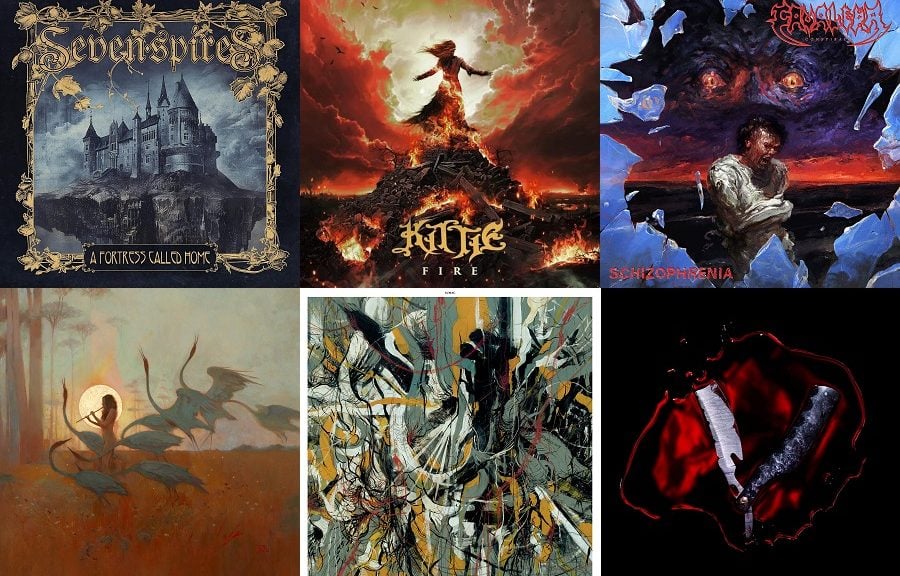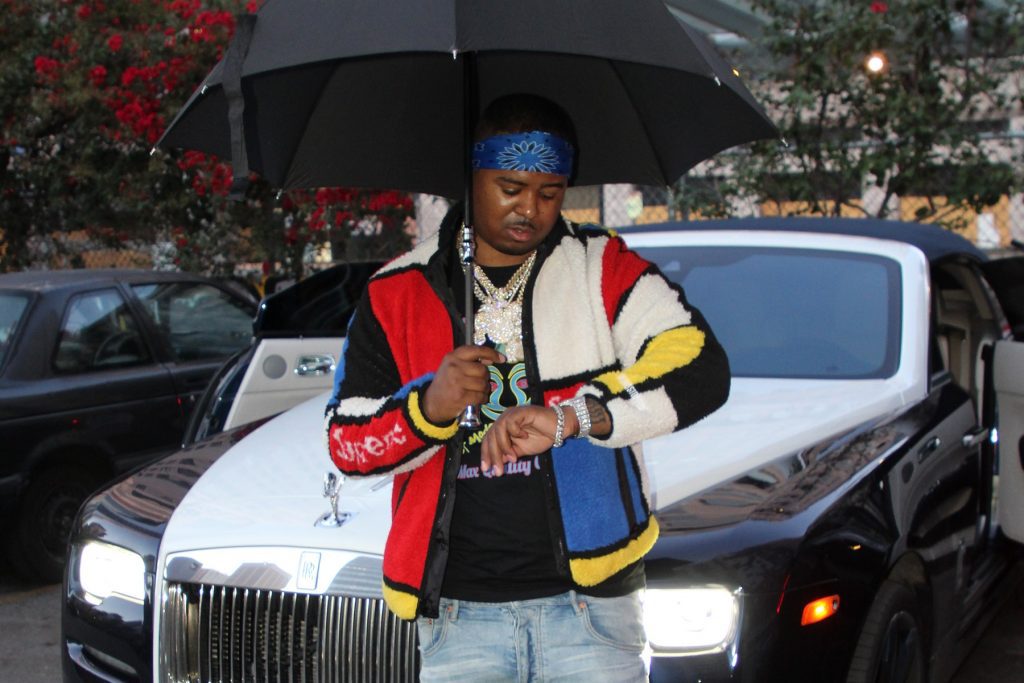
Drakeo the Ruler Still Doesn’t Feel Free
When we get on the phone, it’s only been 18 hours since Drakeo the Ruler’s first mixtape of the year dropped. Even though the South Los Angeles rapper doesn’t sound like he’s in a celebratory mood, he says the project surpassed his expectations. Released on February 24th, The Truth Hurts is crisp, ominous, and darkly funny. Drakeo deploys nursery rhymes and Disney metaphors to unload coded shots with his signature West Coast cool. “It’s work, but I try to have fun with it too,” he says of rapping. “It’s like a sport to me.” Drakeo even left his comfort zone by making “Talk to Me,” an anti-love love song with Drake. The song marks the first collaboration between the similarly named artists. Drakeo hopes it’s not the last.
The Truth Hurts is Drakeo’s second original project since being released last November from L.A.’s Men’s Central Jail, where he was awaiting trial in part of a long legal odyssey. While still jailed in June, he dropped the critically acclaimed album Thank You for Using GTL with producer Joog SZN. Drakeo delivered every bar with charisma and finesse over the phone while incarcerated, punctuating the album with reminders of each recording’s circumstance. “You didn’t see me with the paper in my hand rappin’, bro?” he asks at one point on GTL, seemingly to an interrupting inmate.
blogherads.adq.push(function () {
blogherads
.defineSlot( ‘medrec’, ‘gpt-dsk-tab-article-inbody1-uid0’ )
.setTargeting( ‘pos’, [“mid-article”,”mid”,”in-article1″,”mid-article1″] )
.setSubAdUnitPath(“music//article//inbody1”)
.addSize([[300,250],[620,350],[2,2],[3,3],[2,4],[4,2]])
;
});
For years, Drakeo the Ruler’s world has been one of incarceration and surveillance. His most infamous legal strife arose from the December 2016 murder of a 24-year-old man outside a party. After being jailed on unrelated gun charges in 2017, Drakeo was indicted on an array of counts related to the 2016 killing, including first-degree murder and conspiracy to commit murder. In July 2019, he was acquitted of most of those charges, except a gun-possession count tied to an unrelated police stop. His childhood friend and collaborator, who rapped as Kellz, was convicted of first-degree murder in the 2016 case, found guilty of shooting from the back of Drakeo’s parked Mercedes SUV while Drakeo sat in the driver’s seat.
However, the jury was hung on two counts against Drakeo. So the prosecution refiled those two charges, alleging that Drakeo was also responsible for the killing as a gang member, even if he didn’t pull the trigger. He was released with time served only after agreeing to plead guilty to shooting from a motor vehicle with a gang enhancement.
Though he accepted the plea, Drakeo still asserts his innocence. He insists he is not part of a gang. The supposed gang in question is the Stinc Team, his rap collective; in court, their lyrics and music videos were presented to jurors as evidence, a practice that has been widely condemned for its racist implications and its threat to free artistic expression. “We have searched widely, and based on our research, rap is the only fictional art form treated this way,” Andrea Dennis, co-author of Rap on Trial: Race, Lyrics, and Guilt in America, said in The New Yorker. “No other musical genre and no other art is used in the same way or to the same extent.”
When we talk, Drakeo sounds a little sluggish. He explains that his mind is in so many places that it’s hard to focus. He’s grieving the accidental death of Ketchy the Great, a Stinc Team member who’d only recently finished serving nearly three years after witness intimidation and graffiti charges; Drakeo is in the middle of funeral preparations while promoting an album. He and Ketchy were more like brothers than peers. Four days after Ketchy’s death, Drakeo released the loosie “Long Live the Greatest” in his memory. “Somebody sent me the beat, and I was like, ‘I guess it’s time to make one of those songs,’” he says. A song of mourning, he means. God-why’d-you-take-my-brother music. “I don’t like listening to the song ‘cause it just makes me feel weird, so I try not to play it, but apparently everybody likes it.”
blogherads.adq.push(function () {
blogherads
.defineSlot( ‘medrec’, ‘gpt-dsk-tab-article-inbody2-uid1’ )
.setTargeting( ‘pos’, [“mid-article2″,”mid”,”in-article2″,”mid-article”] )
.setSubAdUnitPath(“music//article//inbody2”)
.addSize([[300,250],[300,251],[620,350],[2,4],[4,2],[3,3]])
;
});
Drakeo only answers with urgency when asked if he feels free. “Not really,” he quickly responds. “There’s always someone watching me. The police. [Enemies]. Whoever.” He’s still on probation for the next five years, with a nine-year sentence hanging over his head for any transgressions, “even a photo with a friend who happens to have gang ties,” according to his lawyer. Though he’s achieved an approximation of freedom, people who have been close to him are still locked up, like his cousin, the rapper Rassy Bugatti, and Kellz. At the end of our conversation, his mind goes to them. “I just want to say free my homies,” he offers when given the opportunity to add anything he’d like to the record, anything at all.
You recorded your previous mixtape We Know the Truth within the first few weeks of getting out of jail last year. That was a quick turnaround. How much time did you spend writing and recording this new mixtape?
About two days.
What kind of pace are you thinking about with releases moving forward? You released quite a bit last year.
I’m just kinda chillin’ right now, I’ma let it ride out. I got, like, six mixtapes done already. I’ma drop another one in the summer. I’ve been putting out a lot, but I have to, though. I’ve been gone for a minute.
After having your lyrics used against you in court, what motivates you to continue making music that someone could perceive as violent or threatening?
It don’t really matter to me no more. They already did it. Even if they want to keep doing it, I don’t do the same things that I used to do, or that they said I do. I’m in a position where I don’t have to do nothing no more. I don’t even be at the same places. None of this [music] … it’s not real. It might sound real, but it’s not, really.
Has anybody ever advised you to change the content of your music? Have you ever considered it?
Yeah, people have told me before, but this is what got me here. I mean, I always change it up, I change it up every mixtape, but with certain stuff, I don’t know what else I would do. What’ll I do, pop music? I just think of it as my way of explaining stuff: my reality or my imagination.
One song that stands out as unique on The Truth Hurts is “Talk to Me,” which features Drake. It has this soft sound, but even as Drake is doing his whole Lover Boy thing, there’s still an element of menace to it. With that hook that he laid, you could have gone in any direction.
I mean, I know how my fans is, and they don’t want to hear that [Lover Boy] shit, so I tried to make it to where it’s Drake’s singing and I’m on what he’s talking about, but in my own way.
blogherads.adq.push(function () {
blogherads
.defineSlot( ‘medrec’, ‘gpt-dsk-tab-inbodyX-uid2’ )
.setTargeting( ‘pos’, [“mid”,”mid-articleX”,”in-articleX”,”mid-article”] )
.setSubAdUnitPath(“music//article//inbodyX”)
.addSize([[300,250],[300,251],[3,3],[620,350]])
.setLazyLoadMultiplier(2)
;
});
You and Drake had conversations about collaborating prior to your jailing. When you were in jail, were people telling you that Drake had finally put together a song for you two?
My producer Joog [SZN] put me on the phone with [“God’s Plan” co-producer] Cardo Got Wings, and he was telling me, “[Drake] wants to do something; he got something for you. I’ll send it when he does it.” But I ended up having my privileges taken away.
By privileges, you mean your ability to get on the phone?
Yeah, the phone, visits, whatever. It was punishment. They put a gag order on me, I guess, because I was exposing them too much. They didn’t like it. So they put an illegal gag order on me, which the appeal court overturned — it was crazy.
What has it been like to get a semblance of freedom in the middle of a pandemic?
It’s just kind of weird, because you can’t really do nothing. It’s kind of crazy. I can’t really enjoy it, like how I was before this. It’s kind of cool though, too — gives me time to make more music.
What is your daily schedule?
Go to the studio. Do regular shit, eat, do the things that I do. I buy clothes and jewelry, or whatever. Go to sleep, studio. Same thing every day.
How would you describe what music means to you right now?
It means a lot ‘cause [before] I didn’t really care about it like that. I really like making music now.
What kind of reaction do you want out of people? How do you want your music to make people feel?
I just want people to know that I’m here to stay. I want them to take my music seriously and feel everything. I mean, a lot of people know about my story … but I want them to know I had to go through a lot to get the things that I got. I might talk a certain way or say certain things, but I’ve been through a lot in my life. I want them to feel what I went through. When I did the song for the homie [“Long Live the Greatest”], people told me, “I feel you,” and, “I know what you was going through.” I want them to know that I’m a real person, that we’re the same.
